

My name is Amanda. A genetic mutation that runs in my family meant I had hereditary diffuse gastric cancer. In fact, my mother had breast cancer, while my sister and brother both had stomach (gastric) cancer.
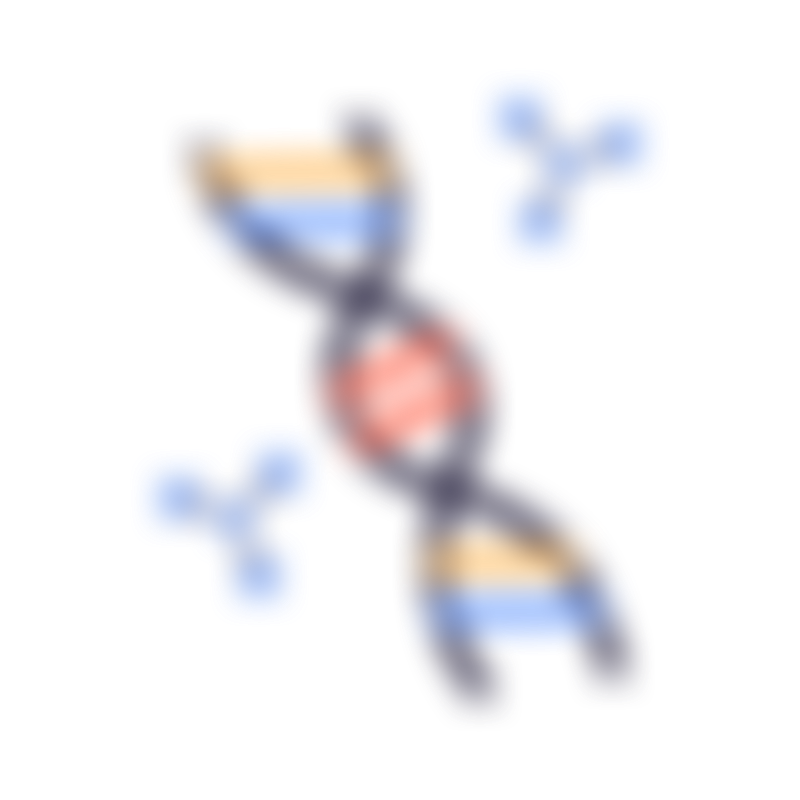
Because the CDH1 genetic mutation runs in my family, I was diagnosed with hereditary diffuse gastric cancer in November 2017.
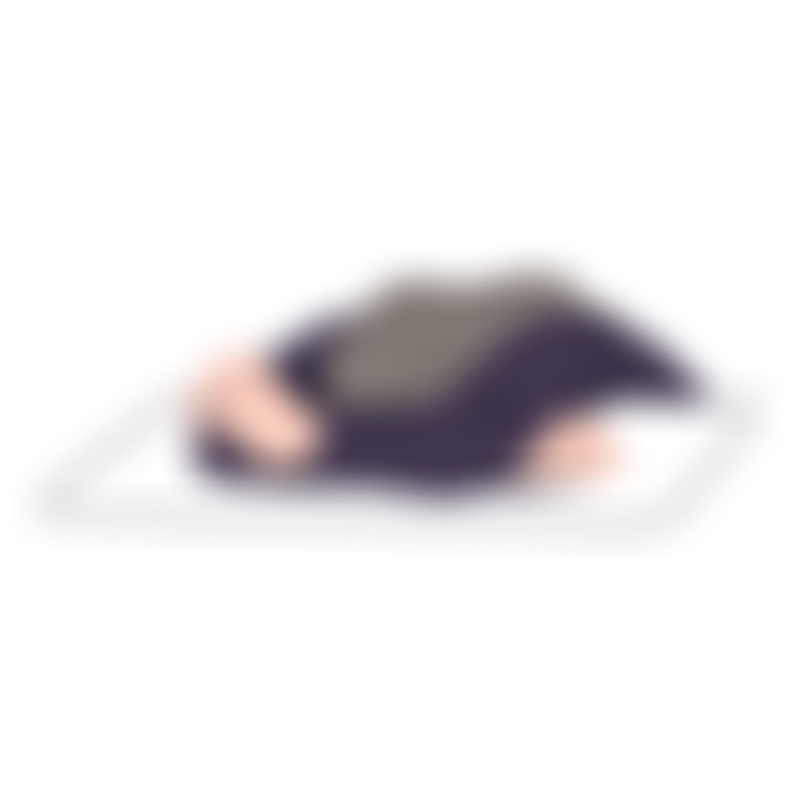
I knew stomach (gastric) and breast cancer ran in the family due to a deletion in our CDH1 gene, so I wasn’t that surprised to find out I was positive. I was fearful because I was about to lose my whole stomach and both breasts whether cancer was found or not. It was found in both but only after the surgery.

I had a prophylactic total gastrectomy and double mastectomy due to me being CDH1 positive. Cancer was found after the surgery during the pathologies.
Over the past 7.6 years, I’ve had a total of 8 surgeries ranging from hours to minutes in duration. My next is scheduled in July. I have had about a dozen endoscopies to either repair or just check my anastomosis because I have had difficulty getting food to go down since my total gastrectomy.
I was declared cancer-free in December 2018.
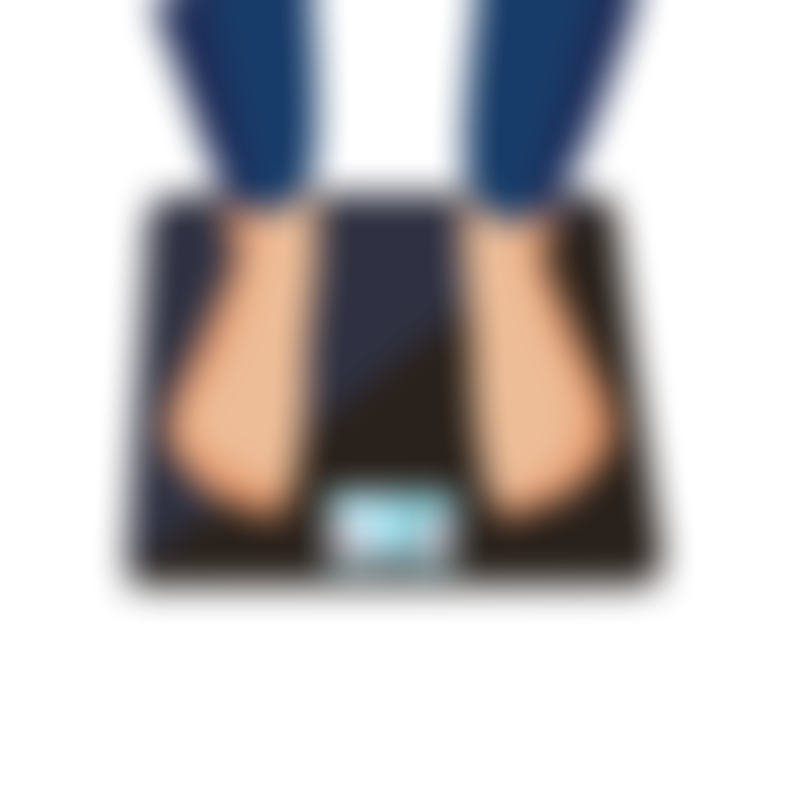
I’ve had short- and long-term side effects from all my surgeries.
- Tremendous loss of weight, varying from 70-90 pounds. Yes, it still fluctuates.
- Chronic abdominal pain and constant nausea.
- The need to reconstruct my breasts due to weight loss.
- I’ve developed osteoporosis and PTSD.
- I can’t work due to being easily fatigued and the need for constant eating and drinking. I frequently lost work days due to illness and doctors appointments.
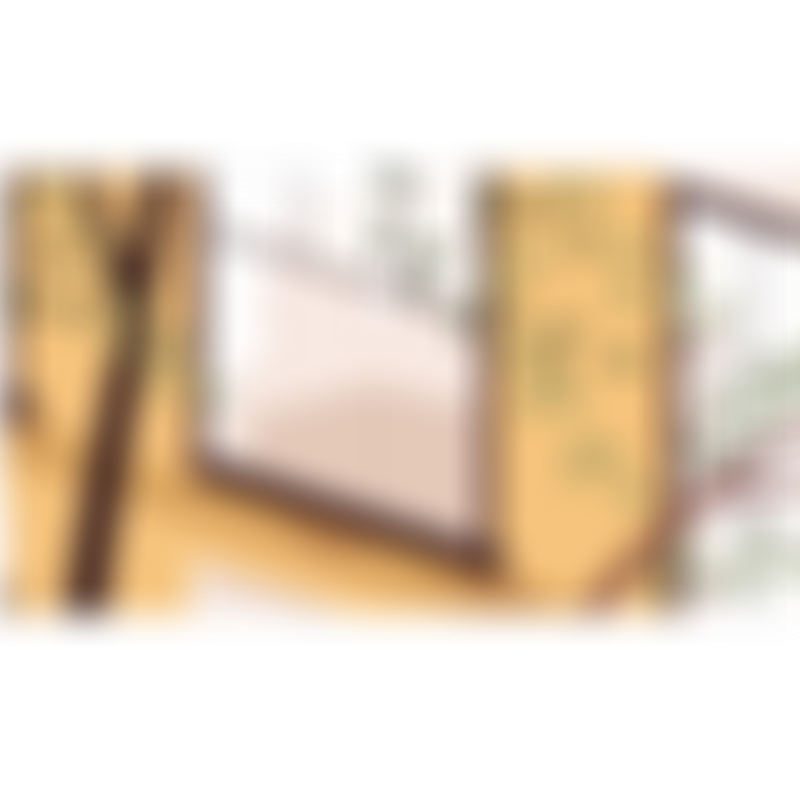
I stopped working after finding out I had cancer. The job required too much energy and my body didn’t have enough. I also didn’t feel it was responsible of me to have to care for a load of 3-6 year olds out in the woods everyday.
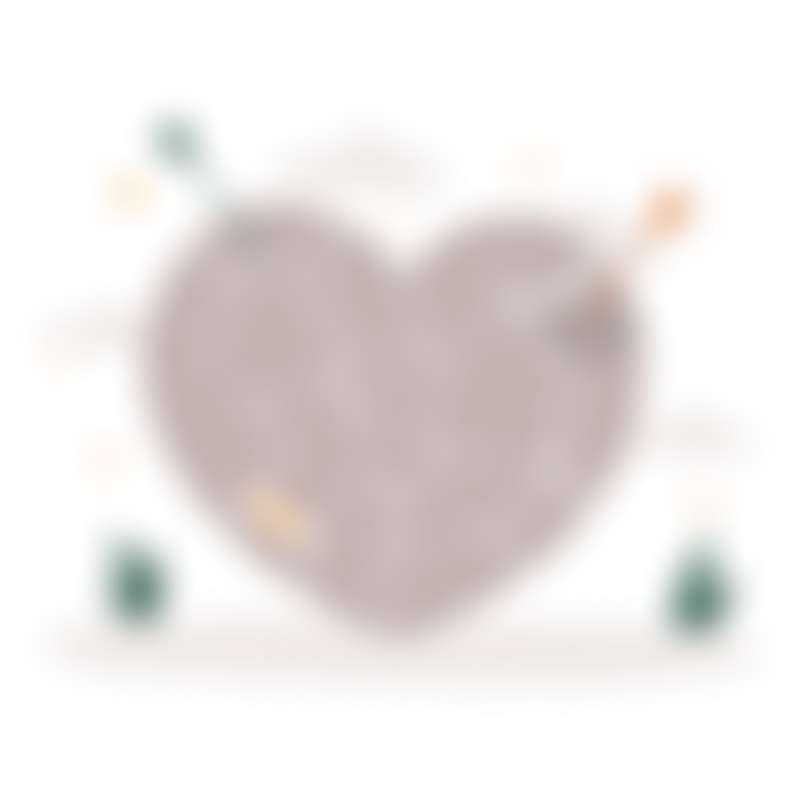
Since being diagnosed with cancer, I’ve struggled with various aspects of my personal life, such as my:
- Social life and relationships with loved ones
- Self-esteem/self-image
- Professional life
Difficulties in my day-to-day life affect me the most. I had to learn a whole new way of living. I’m 7 years post-gastrectomy and mastectomy and I still have difficulties daily. In fact, coping with a "new normal" or lifestyle changes has been the most challenging part of surviving cancer.
With the help of family and friends, I’m getting through it. Now I just take it day to day. Thinking about the future brings too much stress and that affects my health. So, I take everything a day at a time and have learned to slow down.
While your life changes dramatically, you can do it. Find support groups and therapy. It’s a hard road, but you are alive! Accept help because you will need it. Learn to let the little things go. Do things that make you happy.
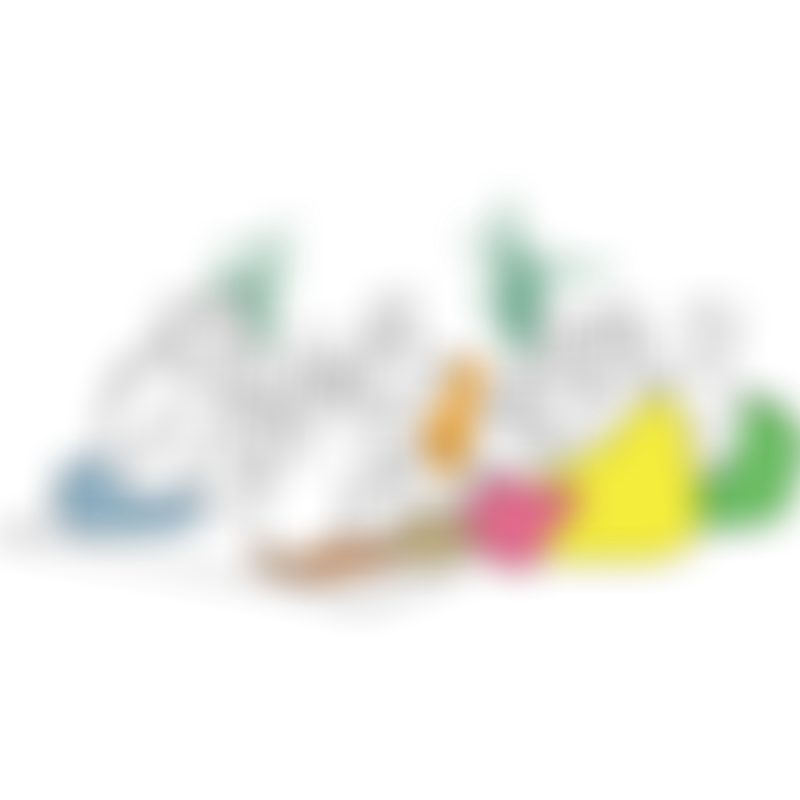
What I feared the most was not being able to continue with normal life or activities. To overcome this, I’ve been:
- Seeking support from family or friends
- Speaking to a therapist or counselor
- Engaging in mindfulness or relaxation techniques (e.g., meditation, yoga)
- Joining a support group or connecting with other cancer survivors
- Focusing on positive thinking or gratitude
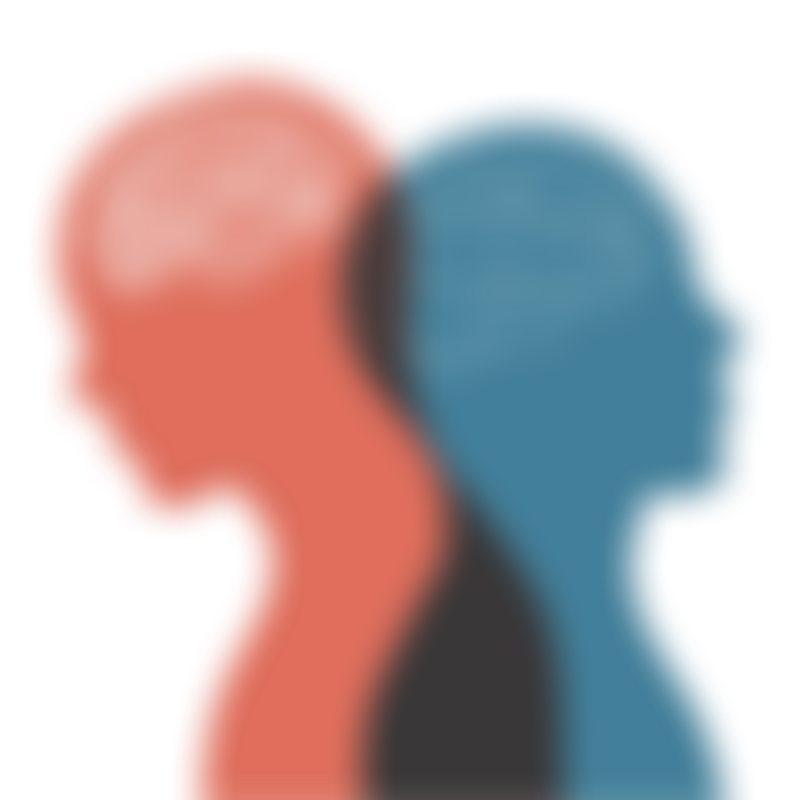
Today, my feelings are a mix of fear, sadness and optimism. Life is very difficult without a stomach. I am often sad and angry that I have to go through this, but I am optimistic because I know all the cancer was removed.
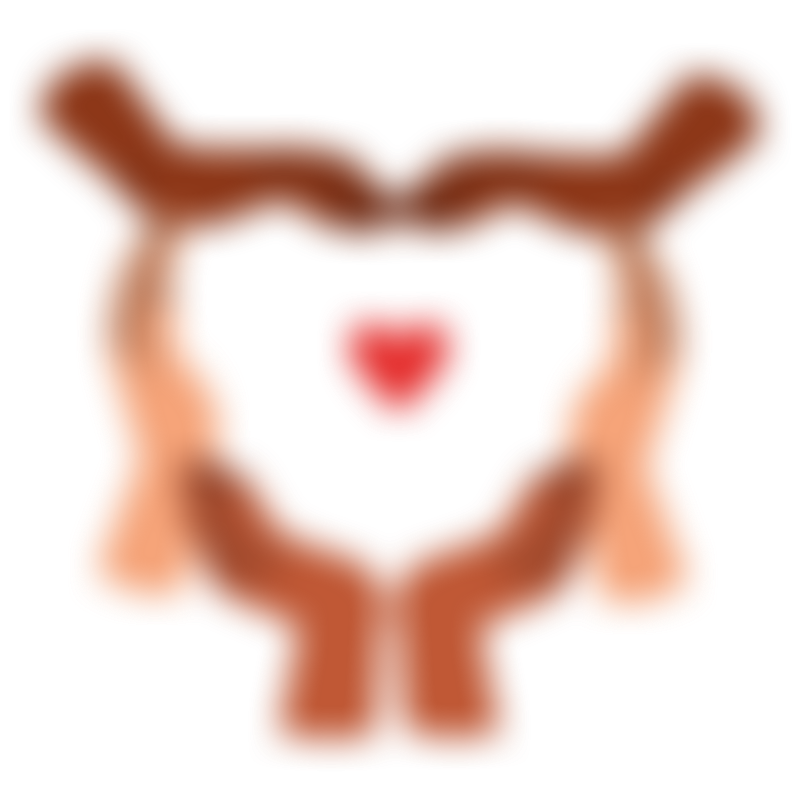
To put it bluntly, cancer sucks! We, however, live in a time where research is always finding advances in cancer care. Don’t give up and fight for yourself. Be your own advocate and state your mind and ask all the questions. Don’t accept no for an answer. Seek out other doctors if you don’t like what’s being said to you or how you are being treated. It’s your body, so fight like hell for it. Remember it takes a village, so be ok relying heavily on your friends and family. You will need it!
This patient's story is published and shared with their full consent. Any personal data that can be used to identify the patient has been omitted.
Click here for more information.